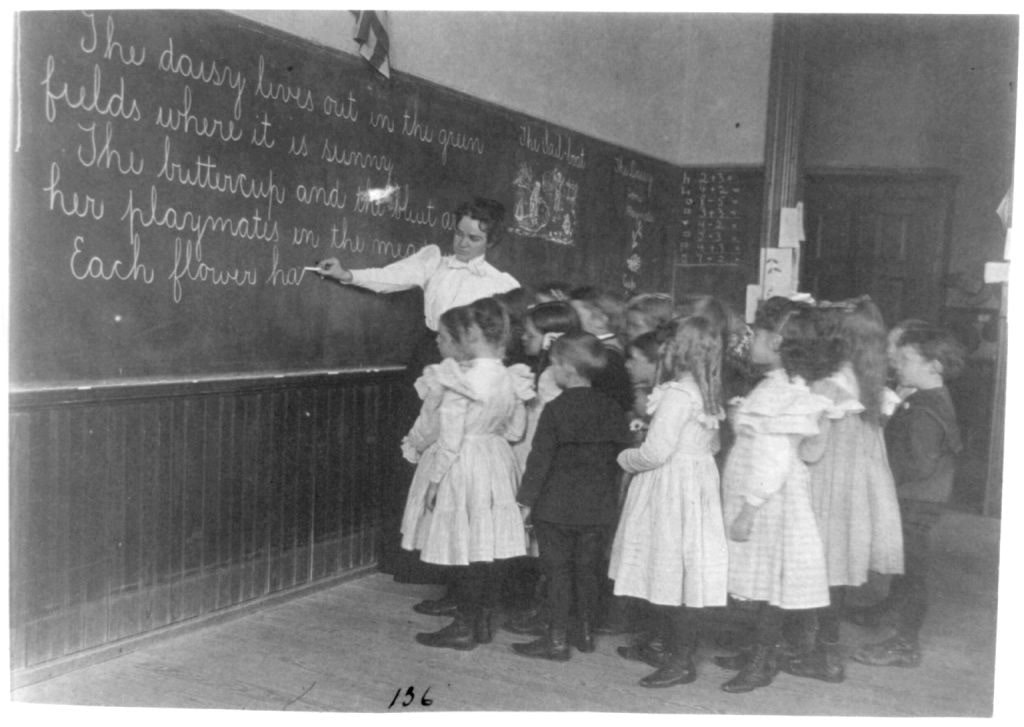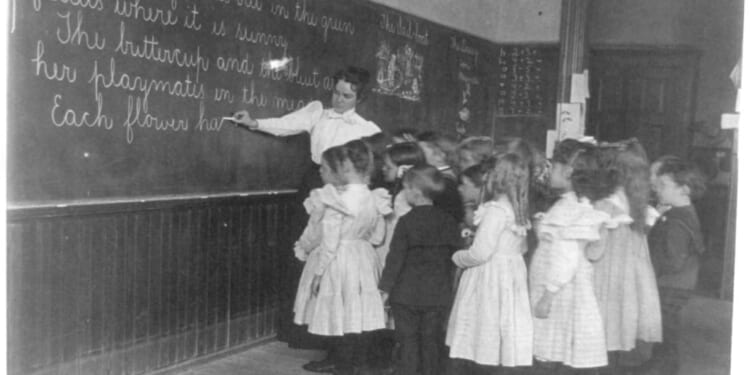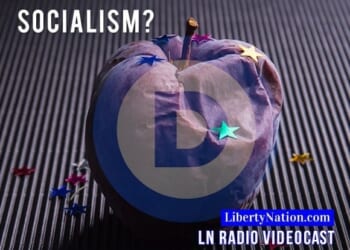
Is the modifier going extinct?
By Connie Pollock
It seems the adverb is not long for the world of words. Cell phones, rebellious wordsmiths, fast-talking sports announcers, endless grammar-challenged repetition, and other intrusive influences have threatened to pull the plug on the long-revered modifier.
If you remember Miss Crabtree diagramming sentences on the blackboard in seventh grade, you will recall the adverb is a word that describes a verb, an adjective, or another adverb and frequently ends in -ly. (Its fellow parts of speech include noun, pronoun, verb, preposition, adjective, conjunction, and interjection.)
Now that the basics are out of the way, it’s important to remember that some significant writers avidly used the adverb to intensify emotions, fully sketch characters, and provide narrative detail. For example:
In Hamlet’s first soliloquy, the despairing prince says: “O, that this too too solid flesh would melt.” William Shakespeare’s emphatic use of twin adverbs before an adjective highlights the hero’s burning desire to escape his life somehow.
Pip, the protagonist in Charles Dickens’ Great Expectations, says: “I was severely reminded of my childhood by seeing him eat in such a greedy manner.” In one word, the adverb here paints a painful picture of the boy’s early life without lengthy description.
But darker writerly forces have aligned to heap abuse on the adverb:
“I believe the road to hell is paved with adverbs, and I will shout it from the rooftops. To put it another way, they’re like dandelions. If you have one on your lawn, it looks pretty and unique. If you fail to root it out, however, you find five the next day … fifty the day after that … and then, my brothers and sisters, your lawn is totally, completely, and profligately covered with dandelions.”
That snark is from a modern author who has published, according to Forbes, 98 novels, novellas, and nonfiction works: Stephen King. So the defenseless adverb has evolved from poetic literary darling to suffocating dandelion!
Tech and Ads Target the Adverb
Aside from well-read writers such as King rebelling against it, what other factors are sending high-caliber headwinds against this beleaguered part of speech?
Technology
The generally multi-lettered adverb has succumbed to the rubrics of texting. For this means of communication, brevity is paramount, and no extra spaces are available for nuance or drama. The verb stands alone to save thumbstrokes. Efficiency demands it. And that lesson seems to have been set in stone by editing software with programmed orders to streamline documents and suggest ways to tidy up weedy paragraphs. He ran quickly to safety may be shortened to He sprinted to safety. So a robust verb does the heavy lifting to truncate the adverb-verb combo.
Advertising
Remember the Apple slogan Think Different? Think Differently would have been a more grammatically correct approach. Sound advice to be sure: Get out of the box, blast out of the rut, show some creativity. But not many responded to the ad with the proper query Think Different what? Thoughts, solutions, avenues? Instead, the stark adverbial error became emblematic of the convention-shattering Silicon Valley gurus who were constantly upsetting the establishment and pushing boundaries. Other advertising campaigns have used grammatical blunders to attract attention in a similar way.
Confusion Between Adverb and Adjective
Any living language is in a constant state of evolution that challenges the status quo. Adverbial usage that broke the rules in the past becomes generally accepted and no longer indicative of low intelligence or poor education. Questionable wording has embedded itself in the vernacular so deeply that it rates as standard. No one blinks.
- Good vs. Well. For some, the good and well mix-up grates like fingernails on the blackboard. Good is an adjective, so its job is to modify a noun; adverb well is designed to modify a verb. How many times have you heard references like She sang the national anthem so good or My old car still runs good or The quarterback snapped that pass so good. Please, well.
- Eat healthy. Something is missing here. Eat healthy what? Dinner, snack? Likely it means eat something that promotes health, but somehow the proper adverbial choice healthily hasn’t made it into the adverb hall of fame.
- Drive safe. That question again! Drive safe what? Cars? You know it should be Drive safely. But using safely in this context seems to be going the way of the buggy whip.
- Real vs. Really. Real is an adjective and really is an adverb, but they seem to be interchangeable nowadays. Instead of He ran really fast, the near twin He ran real fast can substitute.
- Hopefully. Traditionally, this adverb means “in a hopeful manner.” She hopefully made a wish as she blew out her birthday candles. While back in the day the statement Hopefully, it doesn’t rain for the picnic tomorrow would be marked as incorrect, it seems a gazillion wrong uses now equal a right and it is acceptable.
- Badly vs. Bad. Confusion reigns on these, especially when the linking verb feel or look is involved. I feel bad is correct because bad is an adjective that describes the emotional state of the speaker. But if you say I feel badly, the adverb points back to the verb feel and means that your sense of touch is faulty.
- Literally. This word means no exaggeration. When used properly, it indicates a true and exact description. She literally fell down the whole staircase means the poor victim bounced over all the stairs. But often the word is used for emphasis and emotional punch, somewhat contradicting its meaning. I literally died laughing. Well, no, you didn’t. But we get the point.
Hopefully, then, this little excursus will help readers and listeners tune in to all the richness adverbs provide the language, even when they have been shape-shifted into new frontiers of usage. Let’s give them some respect and keep them from dying out. Literally.
Liberty Nation does not endorse candidates, campaigns, or legislation, and this presentation is no endorsement.

















